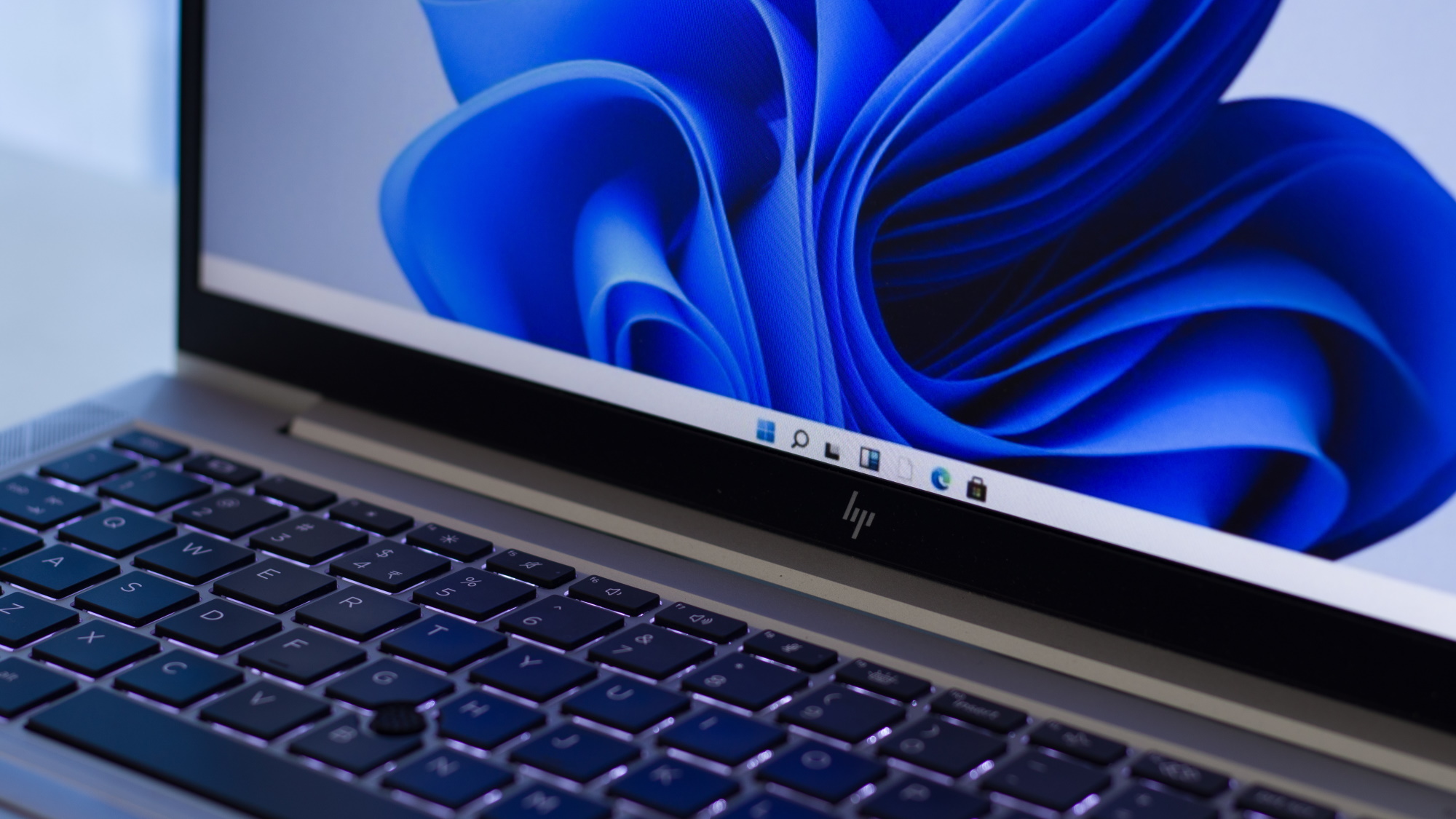Windows 10 users: Microsoft wants you to use Windows 11, changing up its Settings app reminder banner to make sure you don’t forget
Yet more reminders to upgrade

- A new banner in the Windows Update menu will prompt users to upgrade to Windows 11
- Users will be able to choose to stay with Windows 10 - for now
- Support for Windows 10 will officially end on October 14 next year
This year’s major Windows 11 feature update, 24H2, has arrived, and Microsoft wants you to know it… especially if you’re a Windows 10 user. The tech giant has been hounding people clinging to Windows 10 with persistent, prominent, and sometimes full-screen reminders to upgrade to Windows 11.
Microsoft is pushing Windows 11 24H2 as the best version of Windows 11, bringing plenty of new features, especially for the newly introduced Copilot+ PCs. Its design is also being improved continuously, with Microsoft trying to make it feel polished and contemporary, and it wants to use this to try and convince Windows 10 users to embrace the newer operating system.
Adding to the steady stream of reminders we saw before the rollout of 24H2, Microsoft is now trying to convince Windows 10 users to get a ‘free upgrade’ to Windows 11 on all eligible PCs. Also, with Windows 10’s end-of-support date coming up in less than a year (October 14, 2025), Microsoft is using this as an opportunity to remind Windows 10 users once again, in the hope that they will upgrade to Windows 11.
Windows Latest has shared a screenshot of a banner that appears on the Windows Update page in the Settings app in Windows 10. Before, this page would urge people to upgrade to Windows 11 versions 22H2 and 23H2, but now when you click the ‘Download and install’ button in the banner, it begins downloading Windows 11 24H2 on your device.
The banner also features a less prominently shown option to ‘Stay on Windows 10 for now.’ That said, Microsoft confirmed to Windows Latest that this was a deliberate banner change in Windows 10, and the inclusion of ‘for now’ suggests this is going to be a recurring notification, especially as Windows 10’s deprecation date draws closer.

Why saying goodbye to Windows 10 might be tough - so what choices are there?
Many people find Windows 10’s overall look and features more polished than those of Windows 11, a common example being File Explorer and how it performs noticeably slower in Windows 11 than in Windows 10.
It does look like Microsoft is making a solid effort to keep patching up troublesome parts of Windows 11, which has struggled to gain users at the same rate Windows 10 managed. Microsoft is especially keen to steer Windows 10 users to Windows 11 (and this is what it wants Windows 10 users to do), and we’ll see what these users do when Windows 10 is no longer supported. Apparently, it’s also looking to add in Windows Intelligence, Microsoft’s new catch-all umbrella brand and term for AI in Windows (which is rumored to replace Copilot).
Get daily insight, inspiration and deals in your inbox
Sign up for breaking news, reviews, opinion, top tech deals, and more.
If you are determined to continue using Windows 10 for at least one more year, Microsoft will offer a service providing extended security updates after October 14, 2025, for $30 per device. Not all versions of Windows 10 will lose support after October 14, 2025, however, and there’s a more specific breakdown provided by Windows Latest that shows exactly what plans Microsoft has in store for each version.
If you don’t fancy paying to keep using Windows 10, then I would recommend that you move on to Windows 11 so that you can continue to receive Microsoft’s most recent updates and security patches. This will be a tough choice for many people as Windows 10 remains incredibly popular. Despite a rocky start with multiple faulty updates of its own, Windows 10 has become a reliable favorite, and it remains to be seen if Windows 11 will win users over, by voluntary upgrade or otherwise.
YOU MIGHT ALSO LIKE...
Kristina is a UK-based Computing Writer, and is interested in all things computing, software, tech, mathematics and science. Previously, she has written articles about popular culture, economics, and miscellaneous other topics.
She has a personal interest in the history of mathematics, science, and technology; in particular, she closely follows AI and philosophically-motivated discussions.